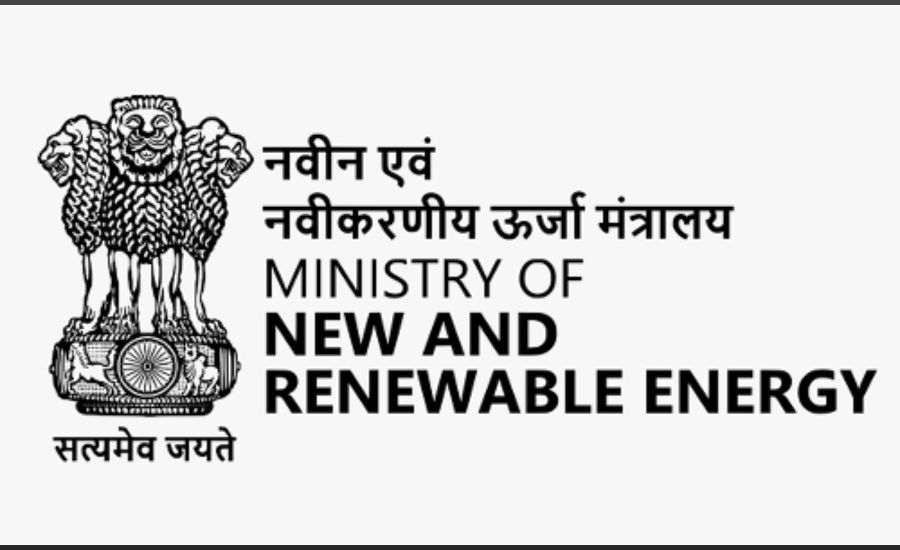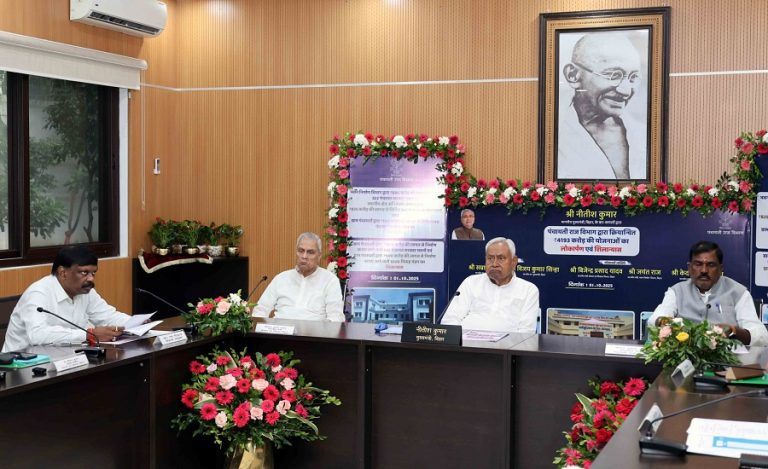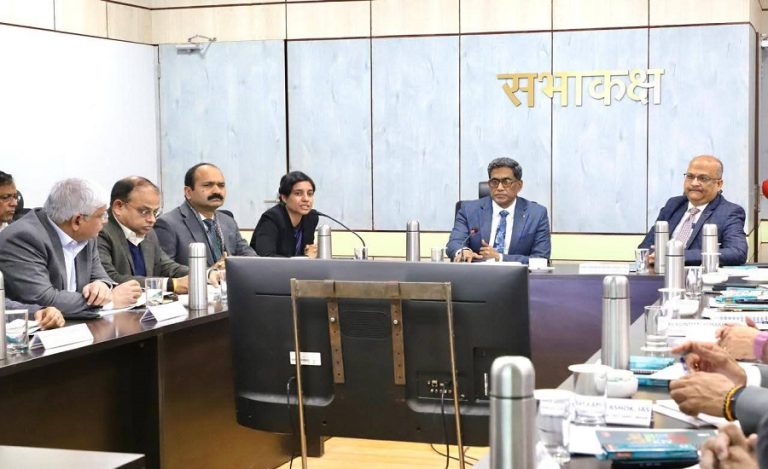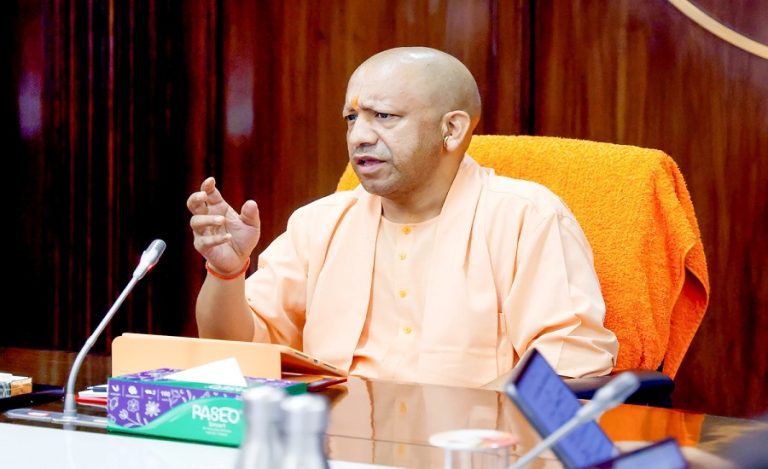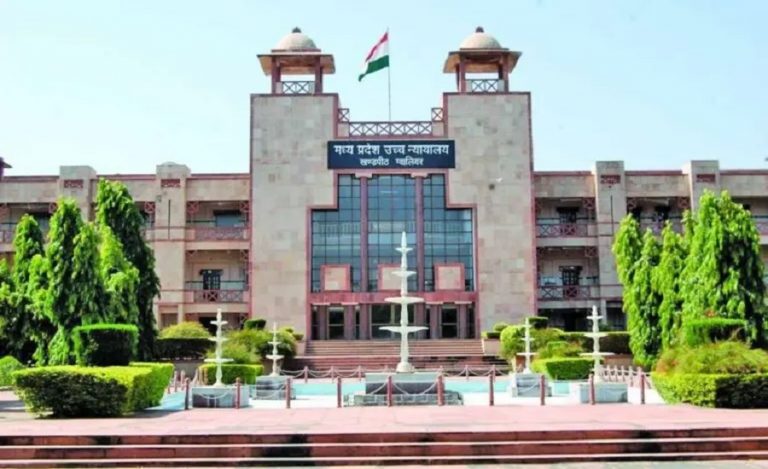The Ministry of New and Renewable Energy (MNRE) has issued revised guidelines for the Waste-to-Energy (WtE) Programme under the National Bioenergy Programme. These changes, notified on June 28, 2025, aim to simplify approvals, enhance accountability, and link financial support to actual project performance.
The updated policy focuses on accelerating clean energy deployment, especially for public and private players involved in converting biowaste into compressed biogas (CBG), biogas, and electricity. The reforms also contribute to India’s goal of achieving net-zero emissions by 2070.
Faster Financial Aid Through Two-Stage CFA Disbursement
A major highlight is the restructuring of Central Financial Assistance (CFA) into two performance-linked stages. Developers will now receive 50% of the total CFA after obtaining a Consent to Operate (CTO) from the State Pollution Control Board and submitting a bank guarantee.
The remaining 50% will be released after the plant achieves 80% of its rated or eligible capacity, whichever is lower. If a project performs below this target but above 50%, MNRE will disburse CFA on a pro-rata basis. No support will be given to plants that fall below a 50% Plant Load Factor (PLF).
This change ensures that financial incentives are tied to real-world output, not just planned capacity.
Streamlined Inspections for Accountability
MNRE has also improved the inspection process. A joint inspection team, led by the National Institute of Bio-Energy (SSS–NIBE), will include one partner agency—either the State Nodal Agency, a Biogas Technology Development Centre, or another empaneled agency.
For developers who do not seek advance CFA, only one performance inspection will be required. This step reduces delays and makes it easier to comply with program conditions.
Extended Timeline to Claim CFA
Project developers now have more flexibility to claim financial support. The revised guidelines allow CFA claims within 18 months from the date of plant commissioning or from the in-principle approval date—whichever is later. This extension helps accommodate delays due to construction or regulatory processes.
Reforms to Support Clean Energy Growth
MNRE’s revised policy is designed to foster cleaner waste management and renewable energy adoption. By reducing red tape, encouraging output-focused execution, and offering timely financial aid, the government is making it easier for developers to build and operate WtE projects.
These updates mark a shift toward a performance-based approach, enabling India to scale up biowaste energy generation while improving industry accountability and efficiency.

